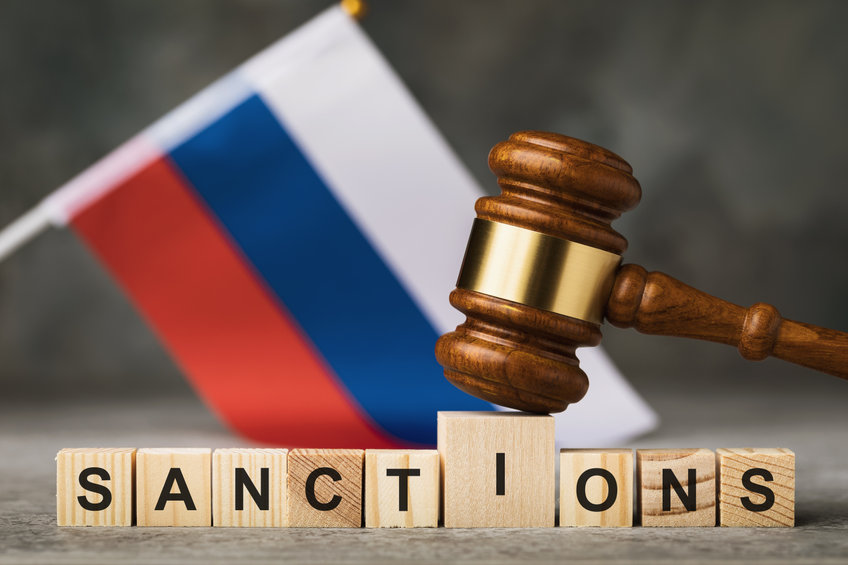The U.S government has enacted several sanctions against Russia and continues to issue more as a result of Russia’s invasion of Ukraine. The U.S. Department of the Treasury’s Office of Foreign Assets Control (“OFAC”) rolled out another significant expansion of U.S. sanctions targeting Russia by announcing a determination pursuant to Section 1(a)(ii) of Executive Order No. 14071, issued April 6, prohibiting new investment in and certain services to the Russian Federation.
With respect to what entails the “certain services” prohibited, effective June 7, 2022, at 12:01 a.m. EST, all U.S. Persons will be prohibited from directly or indirectly exporting, reexporting, selling, or supplying accounting, trust or corporate formation, or management consulting services to any person located in the Russian Federation.
Not included in these restrictions are: “(1) any service to an entity located in Russia that is owned or controlled, directly or indirectly, by a U.S. Person,” and “(2) any service in connection with the wind-down or divestiture of any entity located in the Russian Federation that is not owned or controlled, directly or indirectly, by a Russian person.”
How these sanctions may affect clients located in Russia
Attorneys, audit firms, persons serving as trustees, agents, marketing companies, management firms, and credit rating providers, are all people or companies who may engage in these types of prohibited services for their clients. However, if they provide these services to any person located in the Russian Federation, they will be at high risk of sanctions impositions, unless authorized or exempt, even if such services are not considered the primary practice of the company. Furthermore, sanctions violations are strict liability offenses, so even “one time” events will be prohibited as the supply of such services to any person in the Russian Federation.
These widespread sanctions pose complex compliance challenges for parties operating across borders, even when there is not a direct or clear connection with Russia. OFAC will likely continue to announce “categories of services” that U.S. Persons will be prohibited to provide to persons located in the Russian Federation under the Executive Order No. 14071. With the rolling changes to policies and sanctions within individual countries, not only can this affect a law firm’s Russian clients but can also affect clients who are from Russia’s allied countries under the EAEU such as Belarus, Armenia and China.
Law firms can ensure they are complying with these prohibitions by reviewing all of their client matters and making appropriate changes to policies, controls and procedures, conducting source of funds and wealth checks, and keeping up to date with clients and countries that are considered to be allies of Russia.


